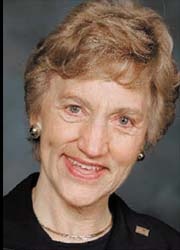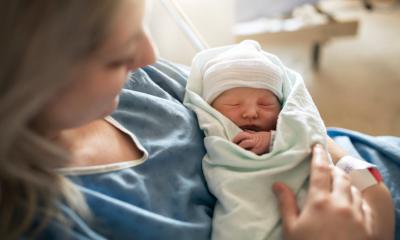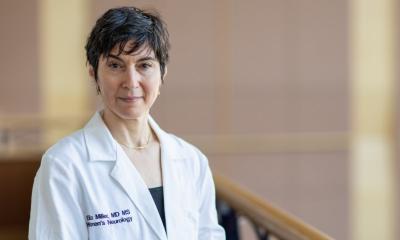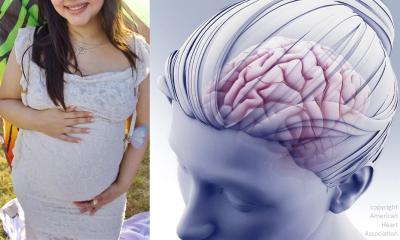Greater bonding of radiation oncologists and diagnostic radiologists sought by RSNA
Radiation oncologists and diagnostic radiologists will be encouraged to forge partnerships at the Radiological Society of North America (RSNA) congress in Chicago this November helped by a new programme, called Bolstering Oncoradiologic and Oncoradiotherapeutic Skills for Tomorrow (BOOST)

Co-chairs on the task force - Steven Leibel MD, medical director of the Stanford Cancer Centre and professor of radiation oncology at Stanford University, and David Panicek MD, vice-chair for clinical affairs and director of educational programmes in radiology at Memorial Sloan-Kettering Cancer Centre, and professor of radiology at Cornell University Medical College in New York worked on the programme with Prof. Donaldson.
The courses will be run from 8.30 a.m. to 6 p.m. between 26-29 November inclusive, and one type of cancer will be the focus each day (head and neck, prostate, lung or gastrointestinal) and feature experts from radiation oncology, diagnostic radiology, biology and physics. The first part of the day is akin to a refresher course, focusing on the oncologic principles of the disease site, the biology and pathophysiology and the anatomy using state-of-the-art imaging. Practical aspects will follow on radiation oncology or contouring, i.e. identifying the area to be treated as defined by the radiation oncology and diagnostic imaging experts.
‘We’re looking at radiation target volumes, the proper volume to treat, and the best imaging modality to identify what to treat,’ explains Dr Leibel. ‘We really want to focus on a disease site and emphasise all the issues around its imaging and treatment, but also present papers and special lectures on radiation biology and the role of interventional radiology and offer some panel discussions,’ he adds. The latest developments will also be discussed: ‘…what the different imaging approaches are and what’s on the horizon for radiation oncologists and diagnostic radiologists to use in a specific disease site to improve diagnosis and treatment.’
The design of BOOST has developed in response to what RSNA attendees have asked for, he points out. ‘The real impact is to have diagnostic radiology onsite, with multimodality presentations. For example, the radiologists are going to tell us, “Here’s how it spreads, this is how we image it, this is the role of PET imaging.” It’s a unique way to allow the two disciplines to play off each other.’
* Registration for all RSNA 2007 courses begins on 18 June.
Details: RSNA2007.RSNA.org
20.06.2007










